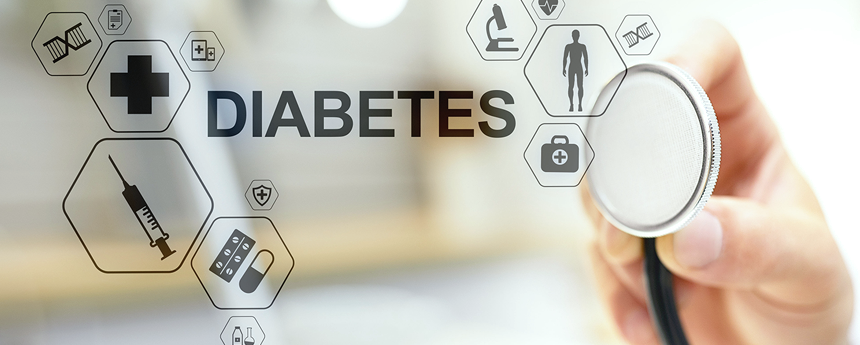According to the 2019 Diabetes Fast Facts, 9.4% of the population is Diabetic, up from 8.3% of the population in 2011. More than 34 million children and adults suffer from diabetes. In addition, 88 million people are determined to be pre-diabetic.
Common symptoms of diabetes include:
• Urinating often
• Feeling very thirsty
• Feeling very hungry - even though you are eating
• Extreme fatigue
• Blurry vision
• Cuts/bruises that are slow to heal
• Weight loss - even though you are eating more (type 1)
• Tingling, pain, or numbness in the hands/feet (type 2)
Diabetes knows no racial or social barriers, it affects people of all ages and social-economic class. Being a diabetic is very expensive. It can also be complicated to understand when first diagnosed.
DIABETES TREATMENT
Because each person’s body reacts differently, the doctor may try a variety of insulin types to determine which works best with someone's particular body type and the actual diabetic diagnosis.
Types of insulin include:
• Rapid-Acting
• Short-Acting
• Intermediate-Acting
• Long-Acting
• Pre Mixed solutions
Many factors can determine what type of medication a diabetic is prescribed. Determiners can be age, weight, typical food consumption, alcohol usage, and a variety of other lifestyle choices.
Medication choices for diabetes are expensive because the drugs are not offered in a generic form. The most common treatments for diabetes include injectable insulin. These insulins must be kept at certain temperatures which adds another level of expense in the production and storage.
However, some of the other popular medications used in managing diabetes do offer patient assistance programs. Call your enrollment specialist at The Deason Company to determine if you qualify for any of the following medication programs:
• Humalog
• Novolog
• Apridra
• Humulin
• Novolin
• Victoza
• Levemir
• Lantus
• Ozempic
• Trulicity
Additional ways to treat diabetes are:
• Exercise
• Eating the right balance of foods, and
• Abstaining from alcohol and smoking.
Note: It is important to consult your doctor and discuss ways to reduce or even eliminate the need for injectable insulin.


